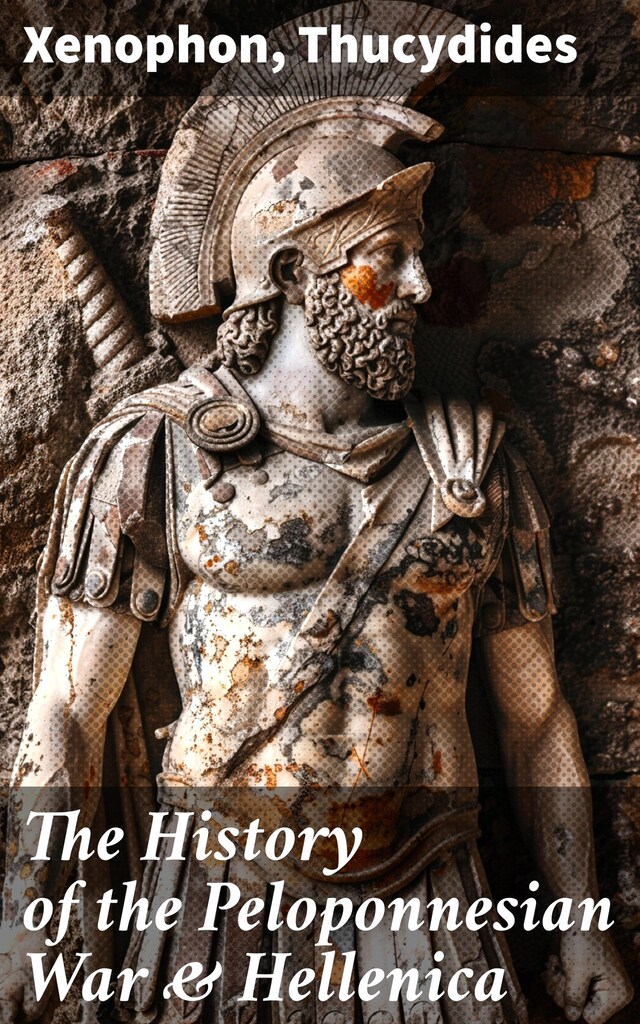
The History of the Peloponnesian War & Hellenica
The Complete History of the Peloponnesian War and Its Aftermath
Description of the book
Exploring the tumultuous period of Classical Greece, 'The History of the Peloponnesian War & Hellenica' offers a compelling narrative tapestry woven from the pivotal works of two quintessential historians, Xenophon and Thucydides. This collection delves into the enduring power struggles and societal upheavals of the Peloponnesian War, capturing a spectrum of human experiences ranging from the grand strategies of war to the intimate trials of personal ethos. With Thucydides' meticulous and analytical narrative paired alongside Xenophon's more pragmatic and descriptive continuation in 'Hellenica', readers gain a comprehensive understanding of a transitional epoch that helped shape Western political thought. The contributors, Xenophon and Thucydides, were eyewitnesses to the dramatic events they detail, thus bringing a rich, first-hand authenticity to their accounts. Thucydides, with his acute critical analysis and emphasis on a factual recount of events, set the bar for historical inquiry. Meanwhile, Xenophon, a student of Socrates, offers complementary insights colored by his own philosophical leanings and military experiences. Together, they chronicle a historical period aligning with the burgeoning concepts of democracy, imperialism, and civic duty, inviting readers to explore these ideas through diverse narrative lenses. This anthology is an indispensable resource for those keen to grasp the complexities of Classical Greek civilization through the eyes of its most insightful chroniclers. By immersing oneself in this collection, readers are afforded a panoramic view of the Peloponnesian conflict and subsequent eras, enriched by the nuanced perspectives crafted by both historians. It is an invitation to historical inquiry and reflection, perfect for scholars, students, and general readers interested in the foundations of Western historical thought and the rich legacy of classical antiquity.
 1,122 Pages
1,122 Pages